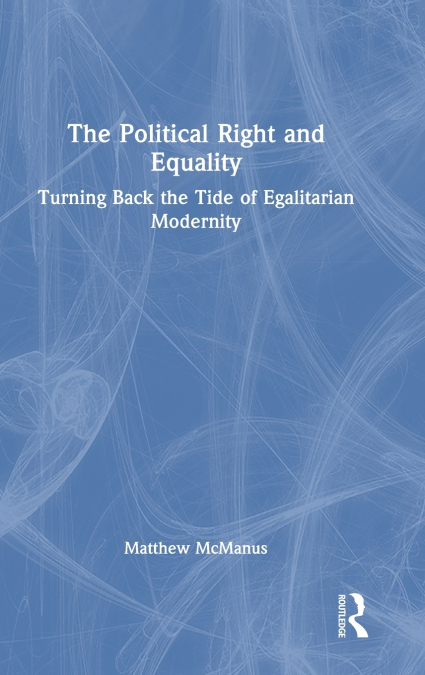
 Librería Perelló (Valencia)
Librería Perelló (Valencia)
 Librería Aciertas (Toledo)
Librería Aciertas (Toledo)
 Librería Elías (Asturias)
Librería Elías (Asturias)
 Donde los libros
Donde los libros
 El AlmaZen del Alquimista (Sevilla)
El AlmaZen del Alquimista (Sevilla)
 Librería Kolima (Madrid)
Librería Kolima (Madrid)
 Librería Proteo (Málaga)
Librería Proteo (Málaga)
McManus presents an intellectual history of the conservative and reactionary tradition, stretching from Aristotle and Filmer to Alexander Dugin and Patrick Deneen. Providing a comprehensive critical genealogy of the intellectual political right, McManus traces its core to a nostalgia for the hierarchical cosmos of antiquarian and scholastic thinking. The yearning for a shared vision of the universe where each part of reality has its place maps onto the conservative admiration for orderly political and social stratification. It stamps even the more moderate forms of liberal conservatism which emerged in the aftermath of the revolutionary 18th century, as the political right struggled to accept and later master first the politics of liberal capitalism and later universal suffrage. In its most radical forms this nostalgia for an orderly and hierarchical existence can harden into a resentment at the perceived shallowness of liberal modernity. McManus argues for those who support the project of modernity to commit themselves to better understanding the depth of the political right’s critiques, many of which expose uncomfortable but solvable problems with the quest for equality and freedom. A critical guide to the history of conservative and reactionary thought for students and scholars of political science and political history.While there are a lot of competing explanations for the contemporary rise of right-wing forces, Matt McManus’ new book suggests that it is hostility to equality that actually unites the right. Zeroing in on key intellectuals and writers, McManus, in a sharply written text, offers a compelling explanation for the disproportionate intensity of right-wing grievance politics.